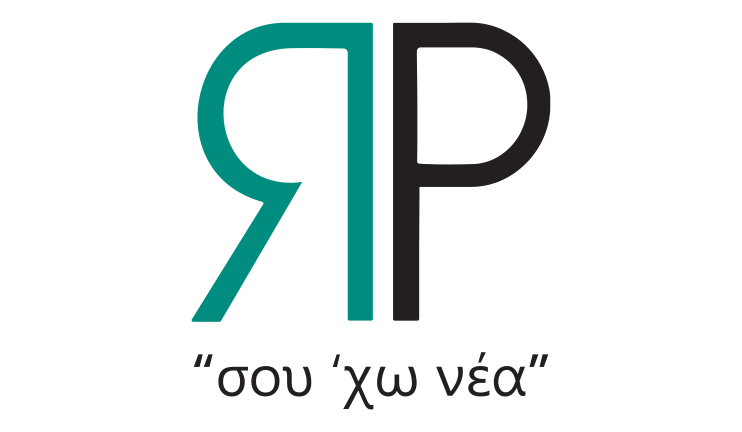In the details of the developing Greek political landscape and the Eurogroup”s decisions for the debt laden Mediterranean country hide evil intentions . This might mean the government’s communicated confidence about “sprinting forward” into a new reform oriented cycle – could be derailed.
The climate that the government is trying to cultivate is one of a “restart and a new leap forward” based on the stability provided by the recent purported success in agreeing with international lenders. The Prime Minister Antonis Samaras himself kicked off this communication onslaught in his formal address to the nation sating that the dark futile cycle downwards has ended and now “Greece is embracing a reform movement and one of national rebirth.”
Simultaneously on Wednesday there was a meeting of the three party leaders of the tripartite coalition to embed the notion of government stability and to underscore that policy coordination is a top priority.
The first indications since the Eurogroup deal to assist Greece with bailout cash tranches suggest that a cabinet reshuffle in on the cards. What Prime Minister Samaras will try to communicate through such a shuffling of cards is that this is really a fresh start and he is also trying to reverse the accelerated political deterioration which is evident in political polls. The last survey from pollsters Pulse that was published showed radical left main and opposition party Syriza would cross the line first with a support base of 26%, and conservative New Democracy would come in second with 21.5%, while far right Golden Dawn claimed the third spot with 13.5% voter backing.
The cabinet reshuffle will also aim to illustrate that there is something more here than just a change of the guard at ministries. The tripartite government wants to re-appeal to voters as a “responsible and reasonable front” as opposed to the “populism” of Syriza and the “extremist right” of Golden Dawn.
In this endeavor socialist party Pasok will participate in the governing cabinet with ranking senior members and deputies and a similar push is being made with the third party of the coalition, the centrist left party Democratic Left. That way they hope to avoid having coalition members of parliament break the ranks on critical legislative votes by voting present instead of yes. Until now Democratic Left leader, Fotis Kouvelis, was wary of more participation in the cabinet because it restricted his options and meant less wiggle room and potentially more political cost.
Amid the chatter about the reshuffle, there are also two other matters that the government will find tough. Implemented the very harsh austerity cuts and taxes will be very difficult and the second challenge will be to compile and pass a new tax code that is already raising the ire of many groups. Prime Minister Antonis Samaras wants all the parties and senior personnel in the coalition all lined up neatly, without differentiations and deviations that cast doubt over the government’s consistency and internal composition.
The next item on the Prime Minister’s agenda after the cabinet reshuffle is the electoral law. All the information points to a serious examination of applying simple majority voting, which will mean that the party that crosses the line first will not have a bonus of 50 deputies to help it form a single party government. In light of the recent polls, that means that if radical left Syriza party crossed the line first it would not be endowed with the 50 seat bonus currently enshrined in law.
Ethically it will be very difficult for Syriza to say “No” to such a proposal of a simple majority because the left of Greek politics have been uniformly demanding this change for forty years. If it does accept a new electoral law proposal then it must search high and low for potential political party partners so it can govern but that doesn’t seem possible at this stage. Worse still for Syriza will not be able to promote itself as alternative and superior governing proposition since it won’t have the numbers to go it alone and form a government by itself.
Given the 2013 Greek budget has already been passed, there is growing concern as to how parliamentary and legislatively proper it is to change the electoral law in lightning fashion – opening and closed such an important topic with limited deliberation. These concerns surround the possibility of new electoral law being rammed through at light speed even before the new tax code is passed since that is scheduled for January.
So what more can spring up as another obstacle for this government’s “sprint forward?” Behind the celebrations about the bailout tranche there is also deep concern about the debt buyback of traded Greek bonds. Details and explanations are being sought from Finance Minister Yiannis Stournas because there is possibility that it may become a compulsory bond buyback which would include holders like Greek banks. If they are forced to participate that may vaporize funds set aside for their recapitalization and a new round of talks may need to start on even more recapitalization.
The devil is in the details and if something goes very wrong with the buyback there are serious risks to the timeline of the bailout tranche and therefore more widely to the whole policy and political strategy.
PS. The Prime Minister’s office is closing watching investigations by the special economic organization SDOE about senior clergy and Metropolitan bishops that can’t justify the money they have amassed in personal accounts. This issue has many long tentacles that may lead to serious shocks or even earthquakes for an austerity weary public.







